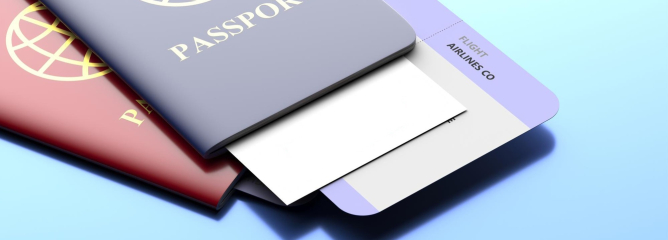
Eswatini (Kingdom of Eswatini), formerly known as Swaziland, is a kingdom located in southern Africa. It borders on the north, west and south with the Republic of South Africa, and on the east with Mozambique. The country has no access to the sea.
The capital is the city of Mbabane.
The form of government is an absolute monarchy, where the king has all the power in the country. The king appoints the prime minister and the council of ministers, and there is also a parliament and a judicial system. Eswatini's political system has elements of a traditional African monarchy and a modern government structure.
The climate in Eswatini is subtropical and varies depending on the region. The western and northern regions are closer to temperate, with cooler temperatures and mild winters. In other parts of the country, especially in the east and in the lowlands, the climate is closer to tropical, with hot summers and high humidity.
The population is about 1,200,000 people. (2021).
The country's official languages are Swati and English. English and Zulu are also widely used as languages of communication, especially in education and official documents. Comorian, Sesotho, Hindi and others are also used.
The main sector of the economy is agriculture. The main products are sugarcane, cotton, as well as livestock and crops. The country produces sugar and textile products. There is also a mining industry, the country produces coal and asbestos.
The standard of living in Eswatini varies, and the country has a problem with income inequality. Some areas have high levels of poverty and there is no good access to basic services such as education and health care.
The healthcare system has problems with a lack of resources and qualifications of medical staff. But the country is working to improve the healthcare system, and there are several public and private healthcare institutions providing services to the population.
Education in Eswatini is a priority and the country has an education system that includes primary, secondary and tertiary education.
The level of security may vary from one area to another, but overall it is a safe country. There is no mass crime in the country.
